Online Class: Sustainable Development for Business

no certificate
with CEU Certificate*
-
15Lessons
-
23Exams &
Assignments -
137Students
have taken this course -
6Hours
average time -
0.6CEUs
Course Description
Pioneering a New Era: Sustainable Development in Business
In the ever-evolving tapestry of the business world, the ability to adapt and innovate is not merely a luxury but a necessity. For companies navigating these tumultuous waters, the challenges are multifaceted. Often, the struggles aren't just about keeping pace with market demands or circumventing financial hurdles. A more profound question looms: Are we leaving a lasting, positive legacy, or merely fleeting footprints destined to fade?
Today's global business landscape demands more than just agile strategies and robust financial planning. An increasing number of enterprises are awakening to a pivotal realization: The age-old paradigms of business adaptation are undergoing a seismic shift. Beyond profit margins and product quality, there's a pressing call to introspect on a business's holistic impact. It's not just about the here and now; it's about sculpting a sustainable future for the coming generations.
Delve into this course, and uncover the profound significance of sustainable development in the world of business. We're not just talking about green initiatives or corporate social responsibility in isolation. We're delving deep into the intricate weave of sustainability, examining its multifaceted dimensions and how they intersect with the essence of modern business.
Kickstart your journey with an insightful introduction to the very ethos of sustainability. Discover its multifaceted realms, from ecological footprints to social responsibilities. Unearth the transformative potential of integrating sustainable practices, not as an afterthought, but as a core business strategy. Through this course, we aim to inspire a paradigm shift: from businesses that merely exist to enterprises that thrive, innovate, and rejuvenate our world. Embrace the future of business, where success isn't just measured by financial growth, but by the positive legacy we etch on the sands of time.
- Completely Online
- Self-Paced
- Printable Lessons
- Full HD Video

- 6 Months to Complete
- 24/7 Availability
- Start Anytime
- PC & Mac Compatible
- Android & iOS Friendly
- Accredited CEUs

Course Lessons
Lesson 1. Integrating Sustainability: The Future of Business
 Lesson 1 Video
Lesson 1 Video Review Practice Worksheet: Lesson-1-Downloadable-18465.pdf
Review Practice Worksheet: Lesson-1-Downloadable-18465.pdf Lesson discussions: Reasons for Taking this Course
Lesson discussions: Reasons for Taking this Course Complete Assignment: My Interest in Sustainable Business Development...
Complete Assignment: My Interest in Sustainable Business Development... Assessment: Lesson 1 Exam
Assessment: Lesson 1 Exam
Lesson 2. Understanding Sustainability Lingo
 Lesson 2 Video
Lesson 2 Video Review Practice Worksheet: Lesson-2-WorkSheet-18467.pdf
Review Practice Worksheet: Lesson-2-WorkSheet-18467.pdf Complete: Lesson 2 Activity
Complete: Lesson 2 Activity Assessment: Lesson 2 Exam
Assessment: Lesson 2 Exam
Lesson 3. Tracing the Evolution of Sustainable Development: From Industrial Revolution to Modern Challenges
 Lesson 3 Video
Lesson 3 Video Review Practice Worksheet: Lesson-3-WorkSheet-18469.pdf
Review Practice Worksheet: Lesson-3-WorkSheet-18469.pdf Assessment: Lesson 3 Exam
Assessment: Lesson 3 Exam
Lesson 4. Sustainable Development Myths Busted
 Lesson 4 Video
Lesson 4 Video Review Practice Worksheet: Lesson-4-StudyGuide-18471.pdf
Review Practice Worksheet: Lesson-4-StudyGuide-18471.pdf Assessment: Lesson 4 Exam
Assessment: Lesson 4 Exam
Lesson 5. Sustainable Development Benefits
 Lesson 5 Video
Lesson 5 Video Review Practice Worksheet: Lesson-5-HomeWork-18473.pdf
Review Practice Worksheet: Lesson-5-HomeWork-18473.pdf Assessment: Lesson 5 Exam
Assessment: Lesson 5 Exam
Lesson 6. Anticipating Challenges in Sustainable Business Practices
 Lesson 6 Video
Lesson 6 Video Review Practice Worksheet: Lesson-6-StudyGuide-18475.pdf
Review Practice Worksheet: Lesson-6-StudyGuide-18475.pdf Assessment: Lesson 6 Exam
Assessment: Lesson 6 Exam
Lesson 7. The Business Risk Landscape: Navigating Unsustainable Terrain
 Lesson 7 Video
Lesson 7 Video Review Practice Worksheet: Lesson-7-Activity-18477.pdf
Review Practice Worksheet: Lesson-7-Activity-18477.pdf Complete: Lesson 7 Activity
Complete: Lesson 7 Activity Assessment: Lesson 7 Exam
Assessment: Lesson 7 Exam
Lesson 8. Understanding the UN Goals
 Lesson 8 Video
Lesson 8 Video Review Practice Worksheet: Lesson-8-Activity-18479.pdf
Review Practice Worksheet: Lesson-8-Activity-18479.pdf Assessment: Lesson 8 Exam
Assessment: Lesson 8 Exam
Lesson 9. Green Business: Embracing Environmental Responsibility
 Lesson 9 Video
Lesson 9 Video Review Practice Worksheet: Lesson-9-HomeWork-18481.pdf
Review Practice Worksheet: Lesson-9-HomeWork-18481.pdf Complete: Lesson 9 Activity
Complete: Lesson 9 Activity Assessment: Lesson 9 Exam
Assessment: Lesson 9 Exam
Lesson 10. Understanding Economic Sustainability: A Key to Future-Proofing Business Strategies
 Lesson 10 Video
Lesson 10 Video Review Practice Worksheet: Lesson-10-Activity-18483.pdf
Review Practice Worksheet: Lesson-10-Activity-18483.pdf Complete: Lesson 10 Activity
Complete: Lesson 10 Activity Assessment: Lesson 10 Exam
Assessment: Lesson 10 Exam
Lesson 11. Social Sustainability in Business
 Lesson 11 Video
Lesson 11 Video Review Practice Worksheet: Lesson-11-StudyGuide-18485.pdf
Review Practice Worksheet: Lesson-11-StudyGuide-18485.pdf Assessment: Lesson 11 Exam
Assessment: Lesson 11 Exam
Lesson 12. Shareholder and Stakeholder Dynamics Within Sustainability
 Lesson 12 Video
Lesson 12 Video Review Practice Worksheet: Lesson-12-WorkSheet-18487.pdf
Review Practice Worksheet: Lesson-12-WorkSheet-18487.pdf Assessment: Lesson 12 Exam
Assessment: Lesson 12 Exam
Lesson 13. Flexible Pathways: Strategies for Sustainable Business Practices
 Lesson 13 Video
Lesson 13 Video Review Practice Worksheet: Lesson-13-WorkSheet-18489.pdf
Review Practice Worksheet: Lesson-13-WorkSheet-18489.pdf Assessment: Lesson 13 Exam
Assessment: Lesson 13 Exam
Lesson 14. Evolving Towards Eco-Friendly Business Practices
 Lesson 14 Video
Lesson 14 Video Review Practice Worksheet: Lesson-14-HomeWork-18491.pdf
Review Practice Worksheet: Lesson-14-HomeWork-18491.pdf Complete: Lesson 14 Activity
Complete: Lesson 14 Activity Assessment: Lesson 14 Exam
Assessment: Lesson 14 Exam
Lesson 15. Leveraging Transparency in Sustainable Marketing
 Lesson 15 Video
Lesson 15 Video Review Practice Worksheet: Lesson-15-Activity-18493.pdf
Review Practice Worksheet: Lesson-15-Activity-18493.pdf Lesson discussions: End of Course Poll; Course Comments; Program Evaluation Follow-up Survey (End of Course); Reasons for Taking this Course
Lesson discussions: End of Course Poll; Course Comments; Program Evaluation Follow-up Survey (End of Course); Reasons for Taking this Course Complete: Lesson 15 Activity
Complete: Lesson 15 Activity Assessment: Lesson 15 Exam
Assessment: Lesson 15 Exam Assessment: The Final Exam
Assessment: The Final Exam
Learning Outcomes
- Define the concept of sustainability in a business context by explaining its relevance and impact on environmental, economic, and social dimensions.
- Identify key areas of focus for sustainable development within business practices, including resource management, environmental impact, and social responsibility.
- Analyze and evaluate the implications of sustainable development terminology within business practices to develop strategies that minimize negative environmental impacts.
- Define and describe the impact of key sustainability terms such as biodiversity, carbon footprint, climate change, and greenwashing on sustainable development practices.
- Analyze the impact of industrialization on environmental and social inequalities throughout history.
- Define the major milestones in the history of sustainable development from the 19th century to present day.
- Define key misconceptions about sustainable development and explain their impacts on business practices.
- Identify and describe the multidimensional aspects of sustainability, including environmental, social, and economic factors.
- Identify the financial benefits of sustainable practices, such as energy-efficient equipment, that result in reduced operational expenses and increased profitability.
- Recognize how integrating sustainability into business strategies enhances compliance with global environmental standards and leads to a competitive advantage.
- Identify strategies to address and mitigate challenges associated with implementing sustainable practices, including training needs and design adjustments.
- Recognize potential obstacles and disadvantages of sustainable development in business, such as implementation expenses and market oversaturation.
- Identify the potential financial drawbacks a business may face by not adopting sustainable development, including increased operational costs and decreased market share.
- Demonstrate mastery of lesson content at levels of 70% or higher.
Additional Course Information

- Document Your Lifelong Learning Achievements
- Earn an Official Certificate Documenting Course Hours and CEUs
- Verify Your Certificate with a Unique Serial Number Online
- View and Share Your Certificate Online or Download/Print as PDF
- Display Your Certificate on Your Resume and Promote Your Achievements Using Social Media

Choose Your Subscription Plan
No Certificate / No CEUs
This course only
| Includes certificate | X |
| Includes CEUs | X |
| Self-paced |

|
| Instructor support |

|
| Time to complete | 6 months |
| No. of courses | 1 course |
Certificate & CEUs
This course only
| Includes certificate |

|
| Includes CEUs |

|
| Self-paced |

|
| Instructor support |

|
| Time to complete | 6 months |
| No. of courses | 1 course |
Certificates & CEUs
Includes all 600+ courses
| Includes certificate |

|
| Includes CEUs |

|
| Self-paced |

|
| Instructor support |

|
| Time to complete | 12 Months |
| No. of courses | 600+ |
Certificates & CEUs
Includes all 600+ courses
| Includes certificate |

|
| Includes CEUs |

|
| Self-paced |

|
| Instructor support |

|
| Time to complete | 24 Months |
| No. of courses | 600+ |
Student Testimonials
- "Great course, highly recommend it to others." -- Alexander M.
Related Courses
-
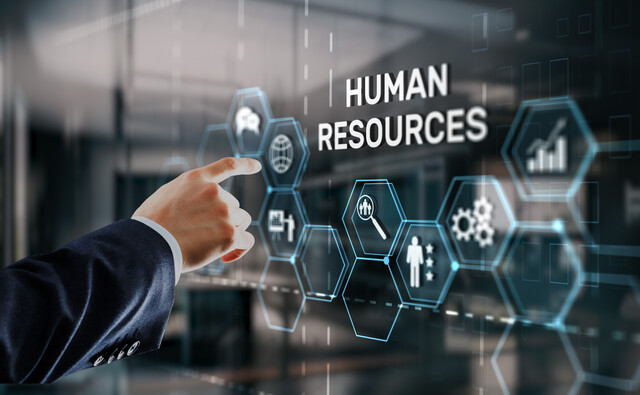 26 hours
2.6 CEUs
Human Resources Productivity Course Bundle
+ More Info
26 hours
2.6 CEUs
Human Resources Productivity Course Bundle
+ More Info
-
 72 hours
7.2 CEUs
Writing Help Course Bundle
+ More Info
72 hours
7.2 CEUs
Writing Help Course Bundle
+ More Info
-
 36 hours
3.6 CEUs
Ultimate Secretary Training Bundle
+ More Info
36 hours
3.6 CEUs
Ultimate Secretary Training Bundle
+ More Info
-
 6 hours
0.6 CEUs
Workplace Violence: A Guide to Responding and Preventing
+ More Info
6 hours
0.6 CEUs
Workplace Violence: A Guide to Responding and Preventing
+ More Info
-
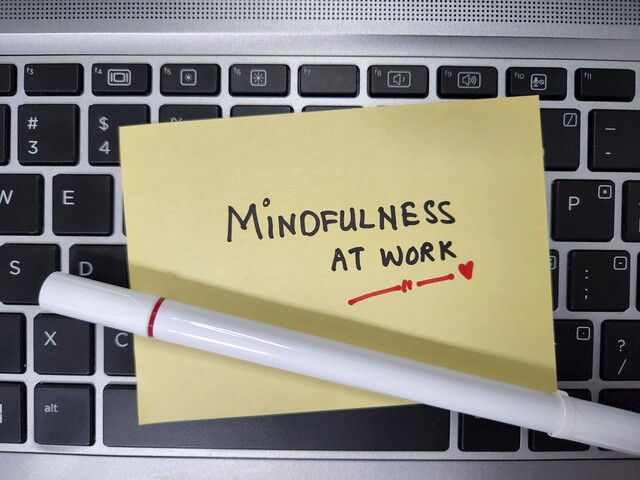 2 hours
0.2 CEUs
Mindfulness in the Workplace
+ More Info
2 hours
0.2 CEUs
Mindfulness in the Workplace
+ More Info
-
 5 hours
0.5 CEUs
Team Building 101
+ More Info
5 hours
0.5 CEUs
Team Building 101
+ More Info
-
 7 hours
0.7 CEUs
Leadership Skills for Managers
+ More Info
7 hours
0.7 CEUs
Leadership Skills for Managers
+ More Info
-
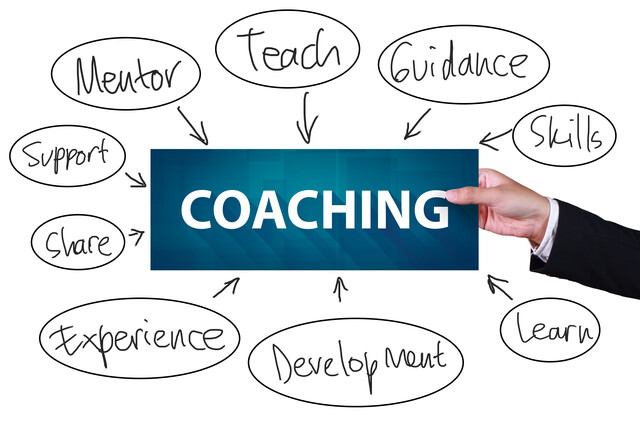 5 hours
0.5 CEUs
Business Coaching
+ More Info
5 hours
0.5 CEUs
Business Coaching
+ More Info
-
 3 hours
0.3 CEUs
Job Performance Appraisals - A How To Guide
+ More Info
3 hours
0.3 CEUs
Job Performance Appraisals - A How To Guide
+ More Info
-
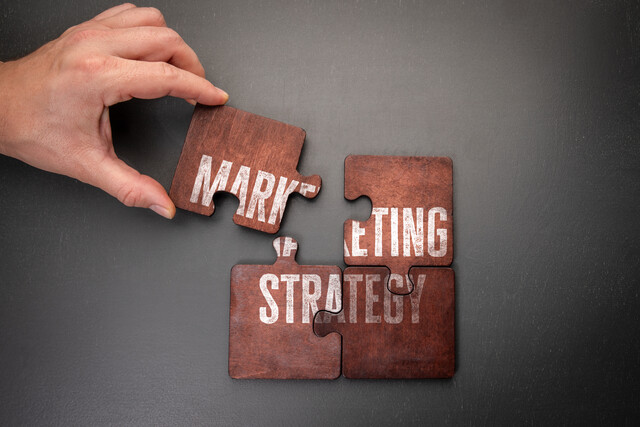 9 hours
0.9 CEUs
Marketing 101
+ More Info
9 hours
0.9 CEUs
Marketing 101
+ More Info
-
 7 hours
0.7 CEUs
Lean Management
+ More Info
7 hours
0.7 CEUs
Lean Management
+ More Info
-
 7 hours
0.7 CEUs
Organizational Behavior in Business
+ More Info
7 hours
0.7 CEUs
Organizational Behavior in Business
+ More Info
-
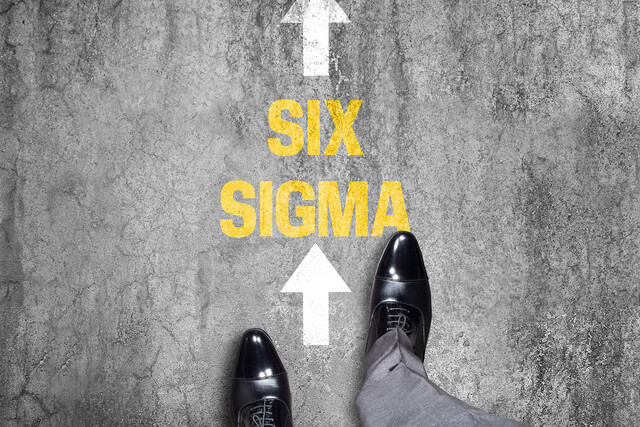 9 hours
0.9 CEUs
Introduction to Six Sigma
+ More Info
9 hours
0.9 CEUs
Introduction to Six Sigma
+ More Info
-
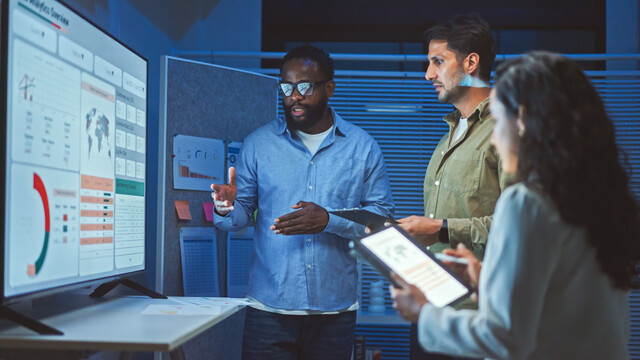 3 hours
0.3 CEUs
Business Analysis
+ More Info
3 hours
0.3 CEUs
Business Analysis
+ More Info
-
 5 hours
0.5 CEUs
Recruitment and Retention Strategies
+ More Info
5 hours
0.5 CEUs
Recruitment and Retention Strategies
+ More Info
-
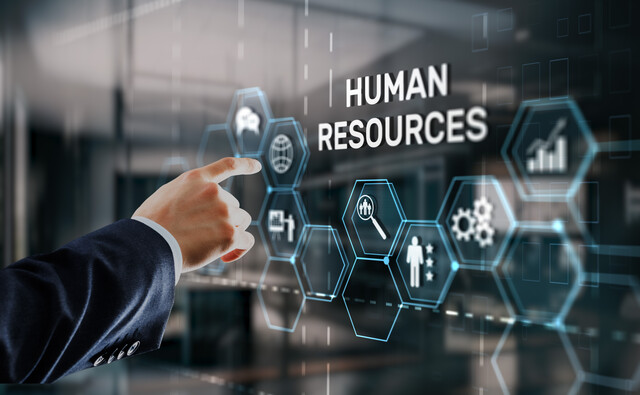 8 hours
0.8 CEUs
Human Resources Management
+ More Info
8 hours
0.8 CEUs
Human Resources Management
+ More Info
-
 6 hours
0.6 CEUs
Management Essentials
+ More Info
6 hours
0.6 CEUs
Management Essentials
+ More Info
-
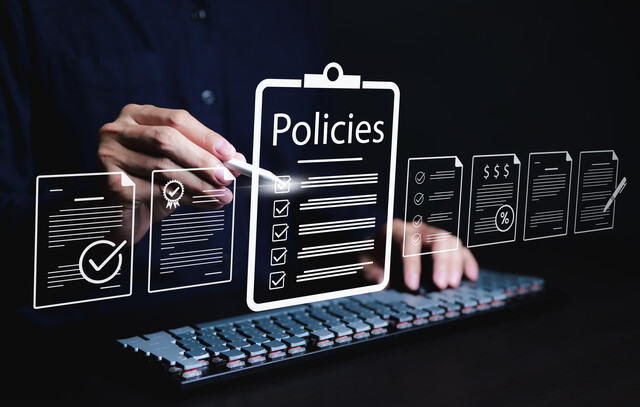 11 hours
1.1 CEUs
How to Write Effective Policies and Procedures
+ More Info
11 hours
1.1 CEUs
How to Write Effective Policies and Procedures
+ More Info
-
 12 hours
1.2 CEUs
Advertising, Marketing and Sales Writing
+ More Info
12 hours
1.2 CEUs
Advertising, Marketing and Sales Writing
+ More Info
-
 5 hours
0.5 CEUs
Critical Thinking Skills
+ More Info
5 hours
0.5 CEUs
Critical Thinking Skills
+ More Info
-
 9 hours
0.9 CEUs
English Grammar Level 2
+ More Info
9 hours
0.9 CEUs
English Grammar Level 2
+ More Info
-
 6 hours
0.6 CEUs
Freelance Writing 101
+ More Info
6 hours
0.6 CEUs
Freelance Writing 101
+ More Info
-
 8 hours
0.8 CEUs
Become a General Secretary
+ More Info
8 hours
0.8 CEUs
Become a General Secretary
+ More Info
-
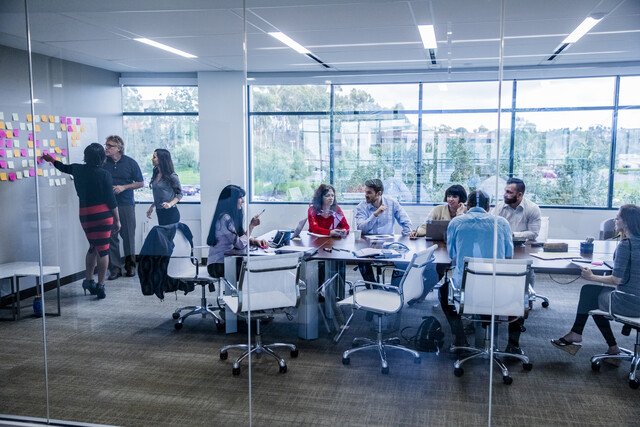 5 hours
0.5 CEUs
Running Effective Meetings
+ More Info
5 hours
0.5 CEUs
Running Effective Meetings
+ More Info
-
 6 hours
0.6 CEUs
General Receptionist
+ More Info
6 hours
0.6 CEUs
General Receptionist
+ More Info
-
 7 hours
0.7 CEUs
Personal Communication Skills Level 4
+ More Info
7 hours
0.7 CEUs
Personal Communication Skills Level 4
+ More Info
-
 5 hours
0.5 CEUs
Kaizen 101 - An Introduction
+ More Info
5 hours
0.5 CEUs
Kaizen 101 - An Introduction
+ More Info
-
 7 hours
0.7 CEUs
Management Consultant 101
+ More Info
7 hours
0.7 CEUs
Management Consultant 101
+ More Info
-
 7 hours
0.7 CEUs
Preventing Workplace Harassment
+ More Info
7 hours
0.7 CEUs
Preventing Workplace Harassment
+ More Info
-
 11 hours
1.1 CEUs
Business Writing
+ More Info
11 hours
1.1 CEUs
Business Writing
+ More Info
-
 2 hours
0.2 CEUs
Purchasing and Vendor Management 101
+ More Info
2 hours
0.2 CEUs
Purchasing and Vendor Management 101
+ More Info





